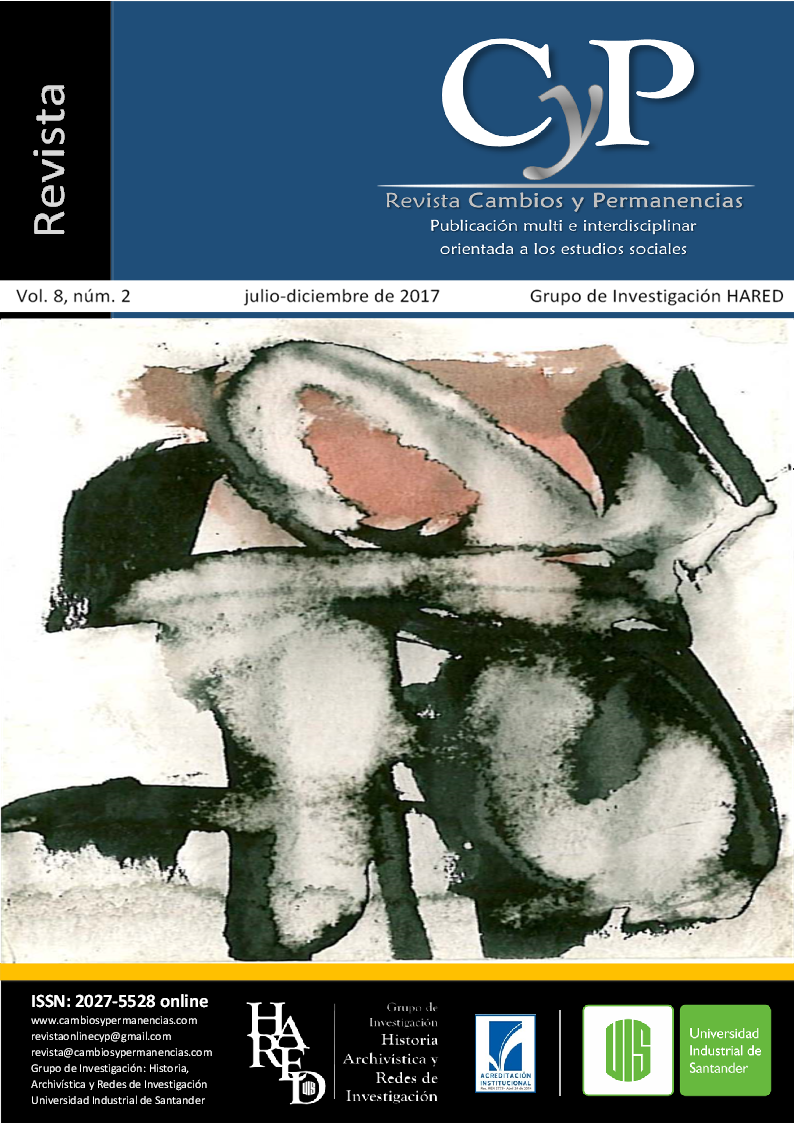Published 2017-12-15
Keywords
- Memory,
- massacres,
- discourses of teachers
How to Cite
Abstract
There are many events that have marked our history as a country. Education plays its role as mediator of knowledge at the moment of knowing, remembering, commemorating and even celebrating around these events. However, we consider that there is a tendency to ignore, or if we know to forget, what has happened when these events are negative or can have a destructive influence on our society. Fact that takes away part of the memory and makes us be incomplete citizens. This is where the fundamental action of the teaching staff of the schools lies, who have in their hands the formation of future generations that have great possibilities of being excluded if they are not recognized as critical and reflective citizens, capable of having active participation in the historical processes that require transformations from and for their environment. This presentation exposes how the place of the historical memory of Colombia is present in the discourses of the teachers of "Social Sciences" of the Colegio Veinte de Julio IED, particularly when talking about the concept of massacre. It is based on the guidelines, curricular standards and curricula of this area and the possible speeches that the educators tell the students about the massacres.
Downloads
References
Beck, U. (1998). ¿Qué es la Globalización? Falacias del globalismo, respuestas a la globalización. Barcelona: Editorial Paidós.
Freire, P. (1972). Pedagogía del Oprimido. Buenos Aires: Siglo XXI Argentina Editores.
Hoyos, G. (1995). Ética para Ciudadanos. Instituto de Estudios Sociales y Culturales PENSAR. Bogotá: Universidad Javeriana.
Jelin, E. (2002). Los trabajos de la memoria. Madrid: Siglo XXI de España Editores
Ministerio de Educación Nacional (MEN) (2004). «Estándares Básicos de Competencias en Ciencias Naturales y Ciencias Sociales». Colombia.
McLuhan, M. y Powers, B. R. (1995). La aldea global. Transformaciones en la vida y los medios de comunicación en el siglo XXI.
Ed. Gedisa. Barcelona.
Rodríguez, H. (1996). Educación y educadores en el contexto de la globalización. México: Universidad La Salle.
Santos, M. (1993). Los espacios ocultos de la globalización. París: GEMDEV
Todorov, T. (2000). Los Abusos de la memoria, Barcelona: Paidós.


